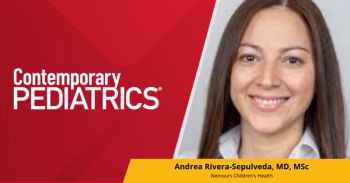
High fiber may lower breast cancer risk
While it has long been hypothesized that consumption of high-fiber foods reduces the risk of breast cancer, a new study found that this association might be particularly relevant to teenagers and young adults.
While it has long been hypothesized that consumption of high-fiber foods reduces the risk of breast cancer, a new study found that this association might be particularly relevant to teenagers and young adults.
Investigators based their findings on data from the ongoing prospective Nurses Health Study II. Among 90,534 premenopausal women who completed a dietary questionnaire in 1991 (when they ranged in age from 27 to 44 years), investigators documented 2833 invasive cases of breast cancer during 20 years of follow-up. In 1998, 44,263 of the women (then aged 33 to 52 years) also completed a questionnaire about their diet during high school; of these women, 1118 developed breast cancer. Investigators also had data on body mass index (BMI) at the age of 18 years and alcohol consumption during adolescence as well as other potential risk factors for breast cancer for which they adjusted in their analysis.
Total fiber intake was associated with significantly lower breast cancer risk: 13% lower risk per 10 g/day fiber increment during early adulthood and 14% lower risk per 10 g/day fiber increment during adolescence. This association was particularly strong with regard to fiber from fruits and vegetables. Women with higher fiber intake during either of these time periods also were less likely than their peers to be smokers and more likely to have begun menstruating earlier, not to have had children, and to be older when they had their first child.
Higher fiber intake during early adulthood also was associated with lower alcohol consumption and lower adulthood BMI as well as slightly higher rates of mammography (
Commentary Here’s a large, long-term study to support standing recommendations for consumption of fruits and vegetables. It is also another example of how the care and advice we give to our pediatric and adolescent patients affect their health in adulthood. -Michael G Burke, MD
Ms Freedman is a freelance medical editor and writer in New Jersey. Dr Burke, section editor for Journal Club, is chairman of the Department of Pediatrics at Saint Agnes Hospital, Baltimore, Maryland. The editors have nothing to disclose in regard to affiliations with or financial interests in any organizations that may have an interest in any part of this article.
Newsletter
Access practical, evidence-based guidance to support better care for our youngest patients. Join our email list for the latest clinical updates.








